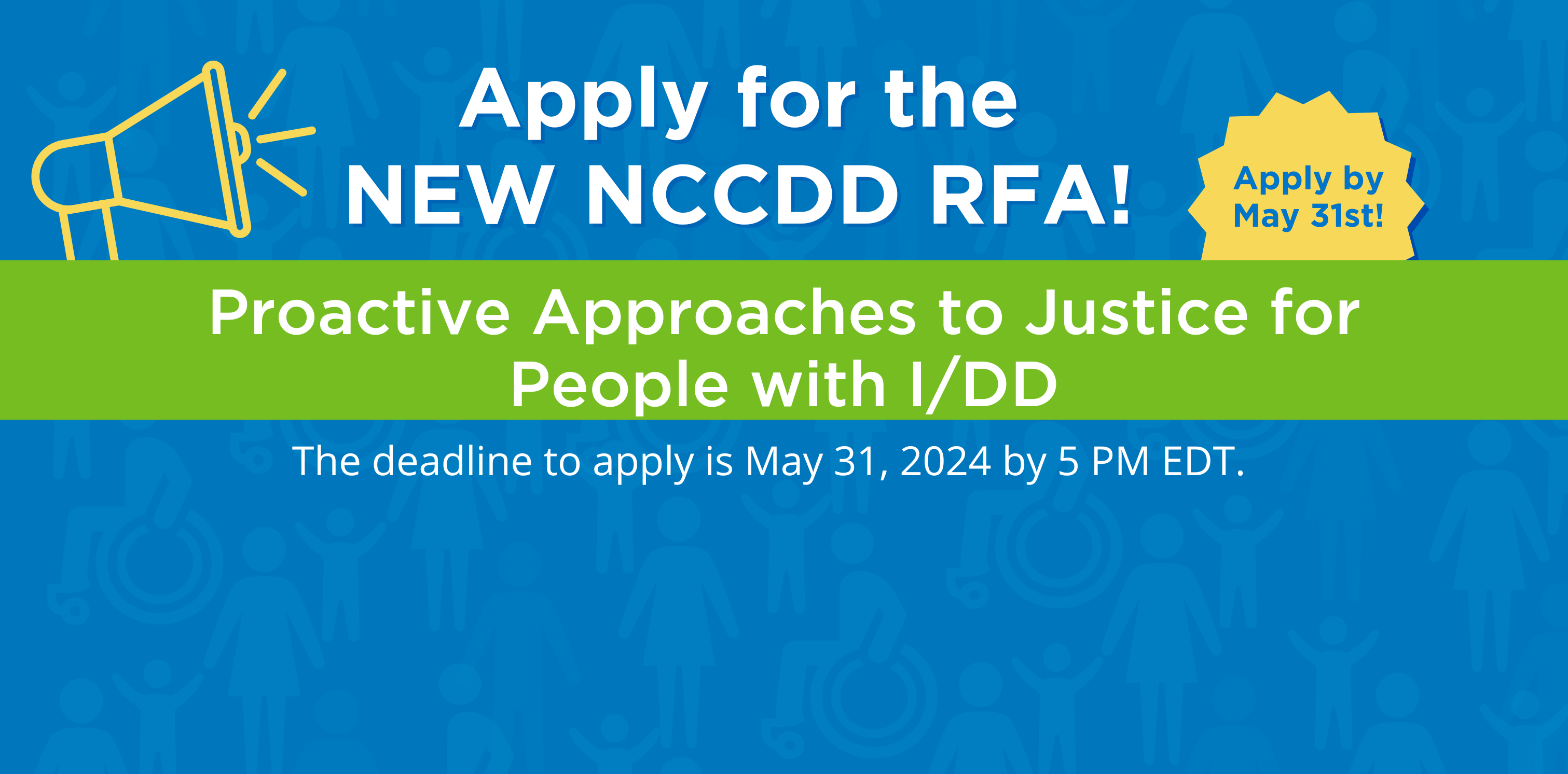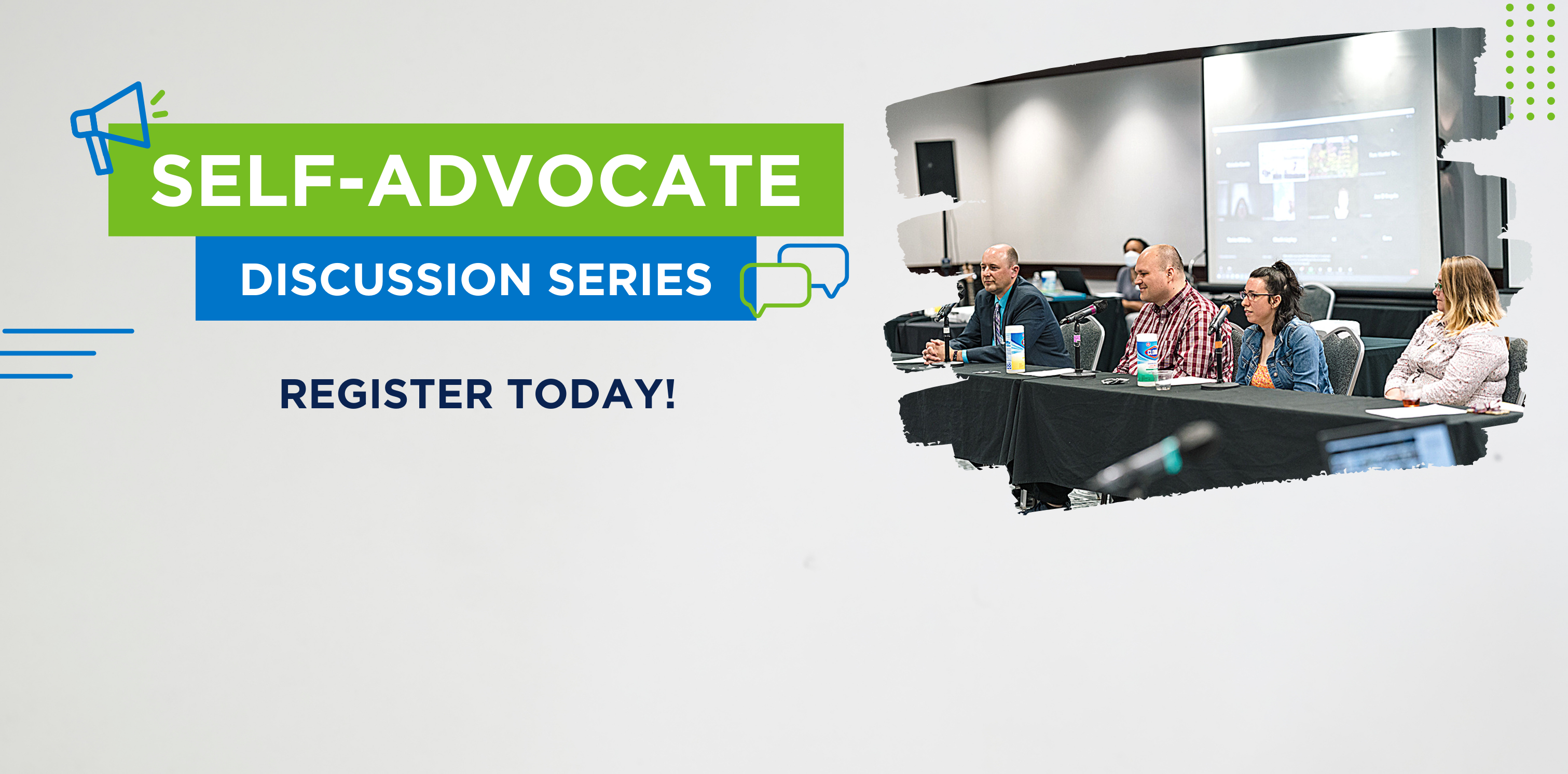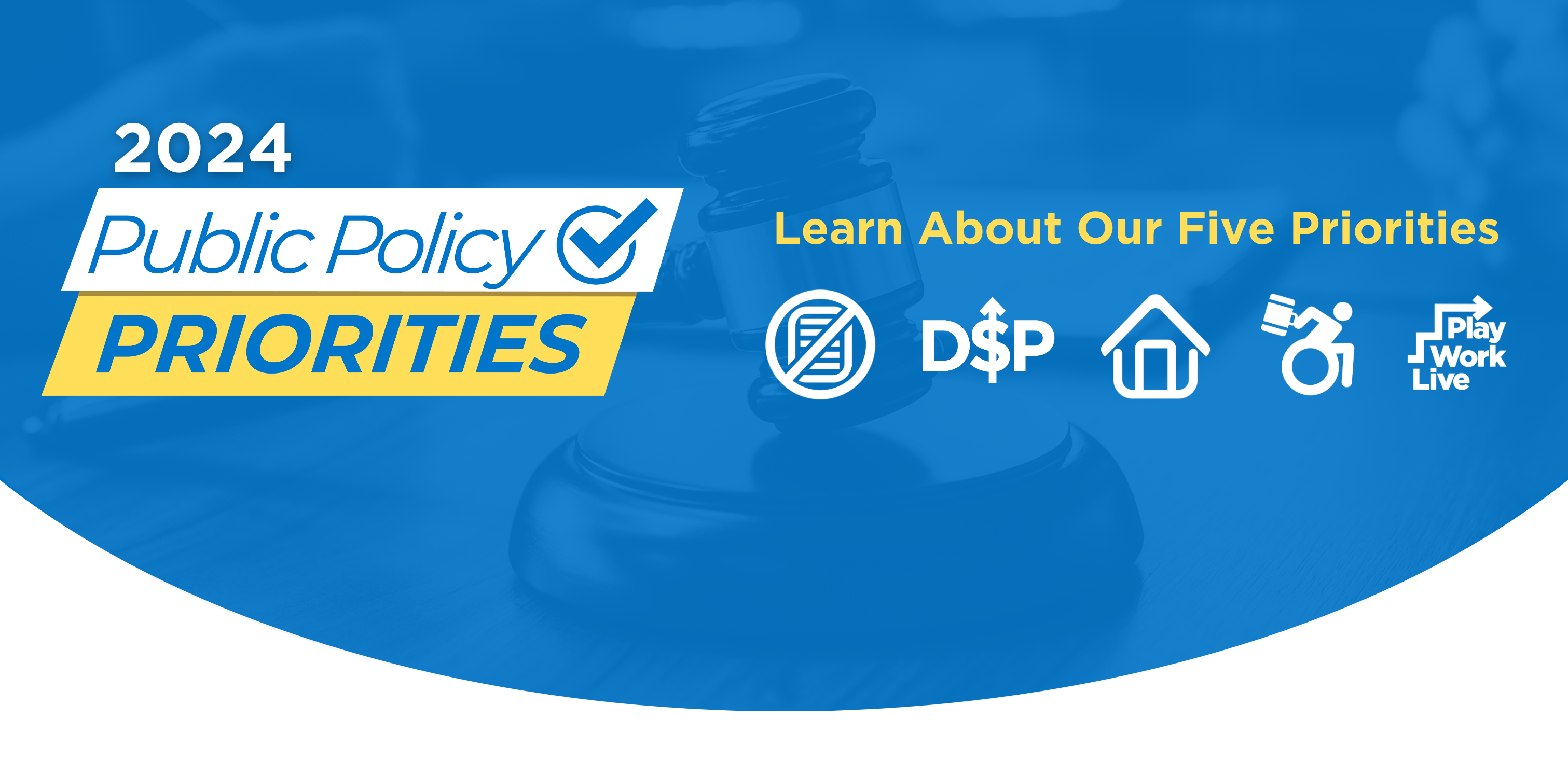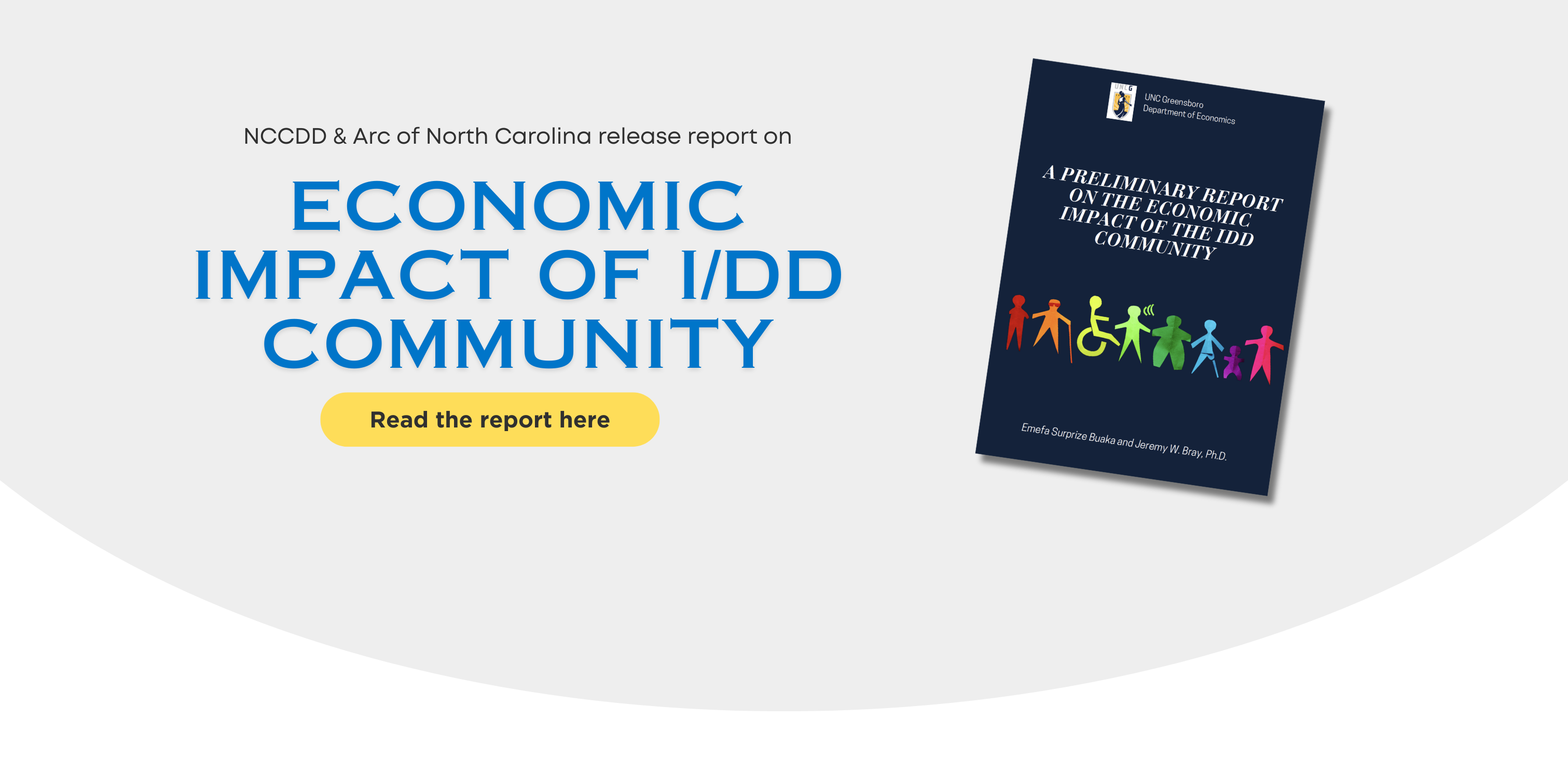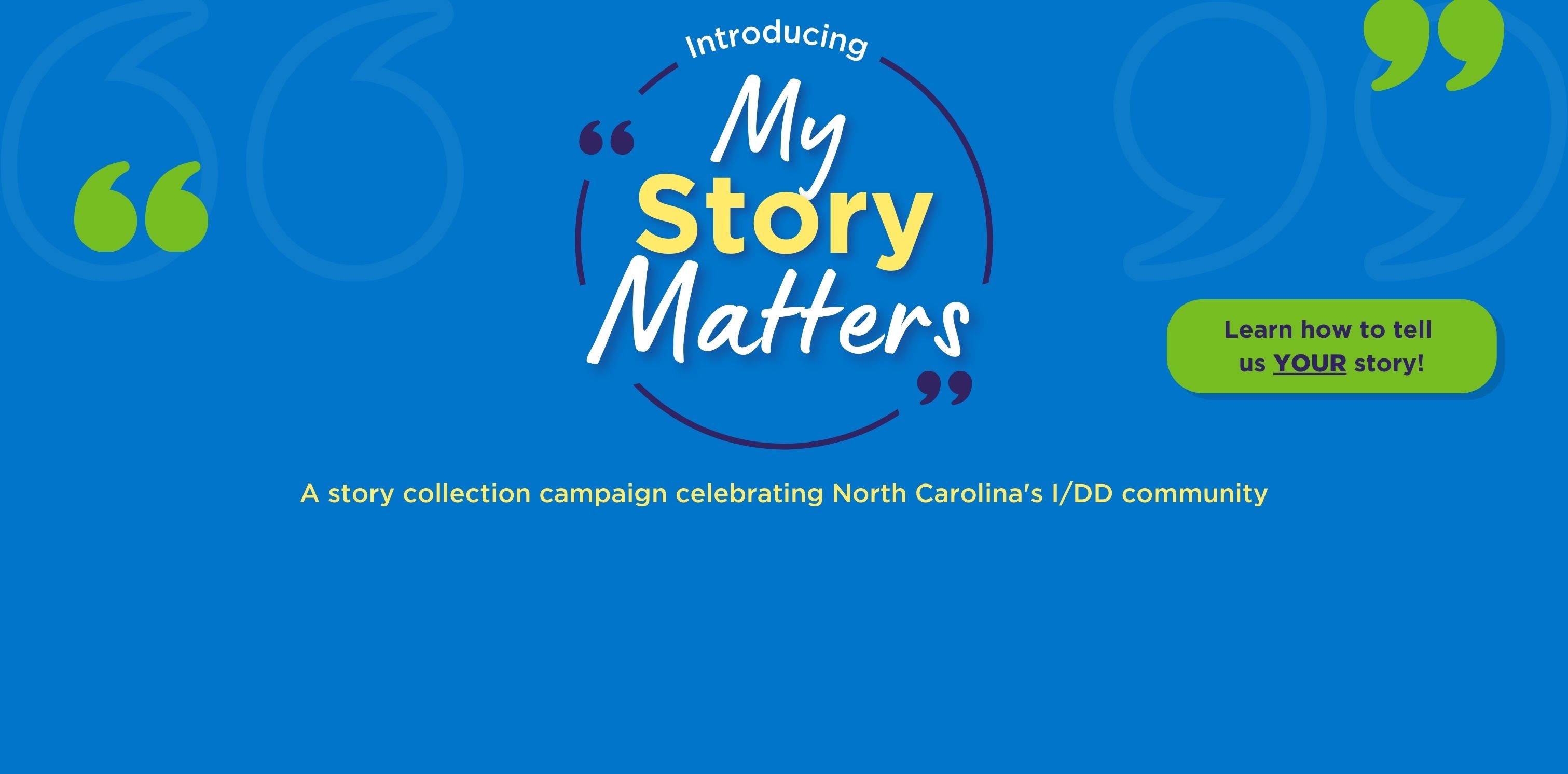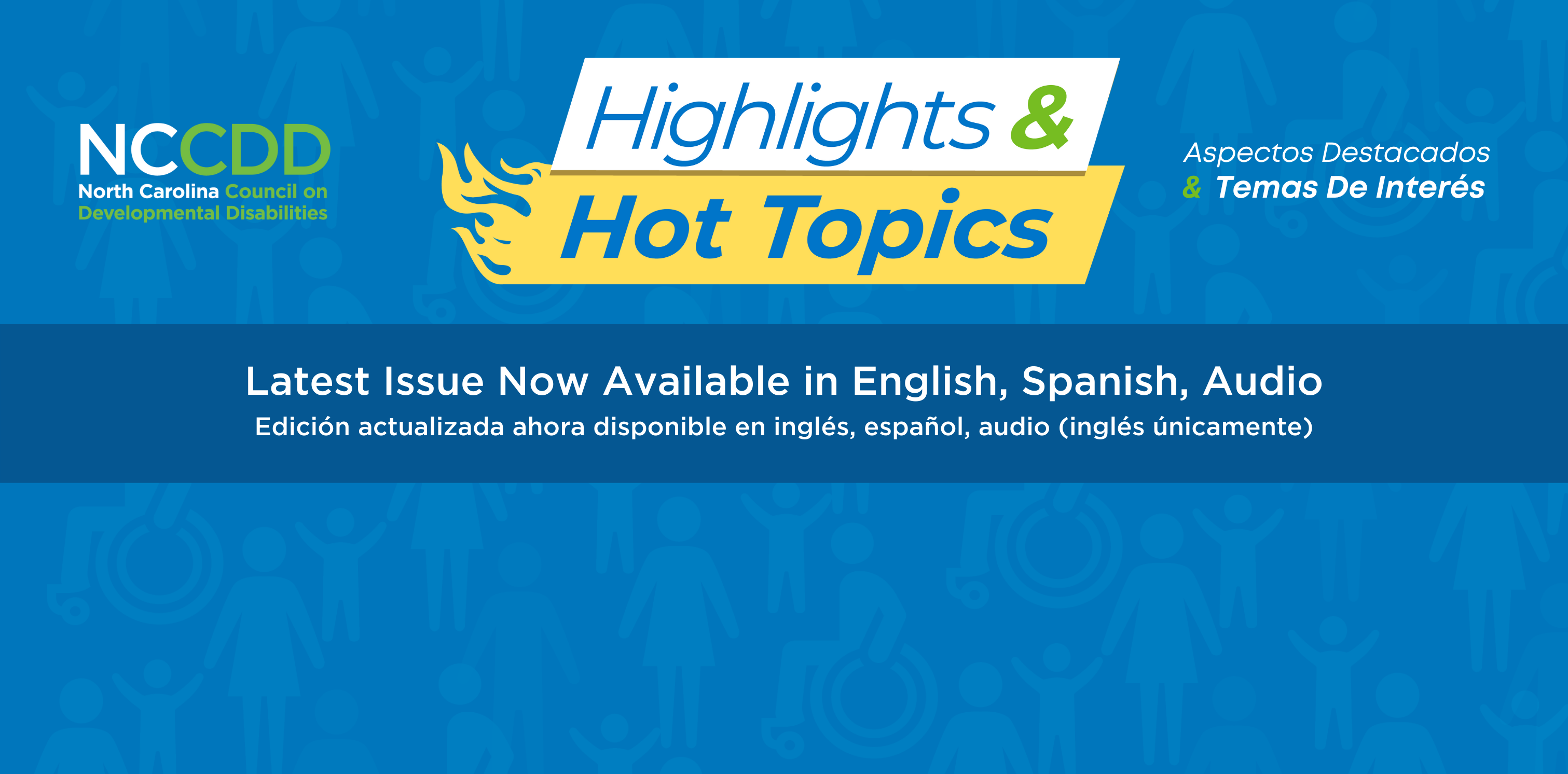Why is NCCDD funding this initiative?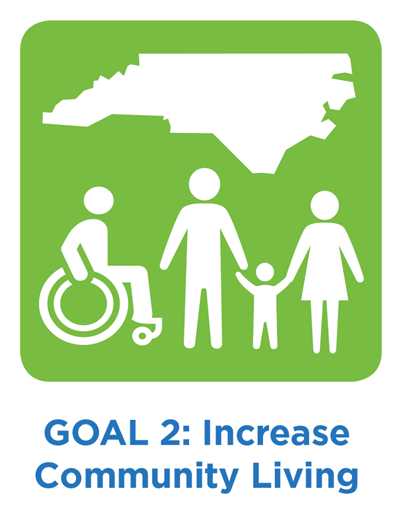
- Critical issues related to healthcare decision-making arose during the COVID-19 pandemic for individuals with I/DD.
- Individuals with I/DD have historically been prevented from making many critical life decisions because their rights have been unnecessarily taken from them through guardianship when some type of other supported decision-making or independent decision-making was possible.
What are the major goals and timeline?
- Build on the work of NCCDD’s previous initiatives that focused on rethinking North Carolina’s guardianship system and promoting alternatives to full guardianship.
- Educate individuals with I/DD, family members, the legal community, and other key stakeholders about the new Guardianship Rights law titled “An Act to . . . promote the rights and independence of persons subject to the guardianship process.”
- Educate community members on how these rights may specifically offer more independence in healthcare decision-making in preparation for or in light of any future pandemic.
What achievements are accomplished to date?
- Identified and assembled an Advisory Committee consisting of 17 people who include people with I/DD, family members and professionals who are all people with lived experience and/or subject matter experts.
- Convened four Advisory Council meetings.
- Consulted with 14 subject matter experts during the first quarter through establishing checkpoints with them to provide written content and feedback on the Step-By-Step guide, including the Decision Tree.
- Reviewed the North Carolina Guardianship Capacity Questionnaire, an Administrative Office of the Courts (AOC) form, and differentiated between decision-making, communication and skill-based items appearing on the form.
- Expanded the original list of 12 options for supported decision-making, only three of which related to health. New options include the use of assistive and adaptive technologies.
Who can I contact for questions?
NCCDD: Philip Woodward, Systems Change Manager, [email protected]
Additional Resources
Download a PDF about this initiative: After the Law: Guiding the I/DD Community to Supported Decision-Making
Recent Posts
Aspectos destacados y temas de abril de 2024
Mensaje de la Directora Ejecutiva Actualización de Políticas Públicas (a
Upcoming Events
North Carolina Council on Developmental Disabilities
This project was supported, in part by grant number 2001NCSCDD-02, from the U.S. Administration for Community Living, Department of Health and Human Services, Washington, D.C. 20201. Grantees undertaking projects with government sponsorship are encouraged to express freely their findings and conclusions. Points of view or opinions do not, therefore, necessarily represent official ACL policy.
